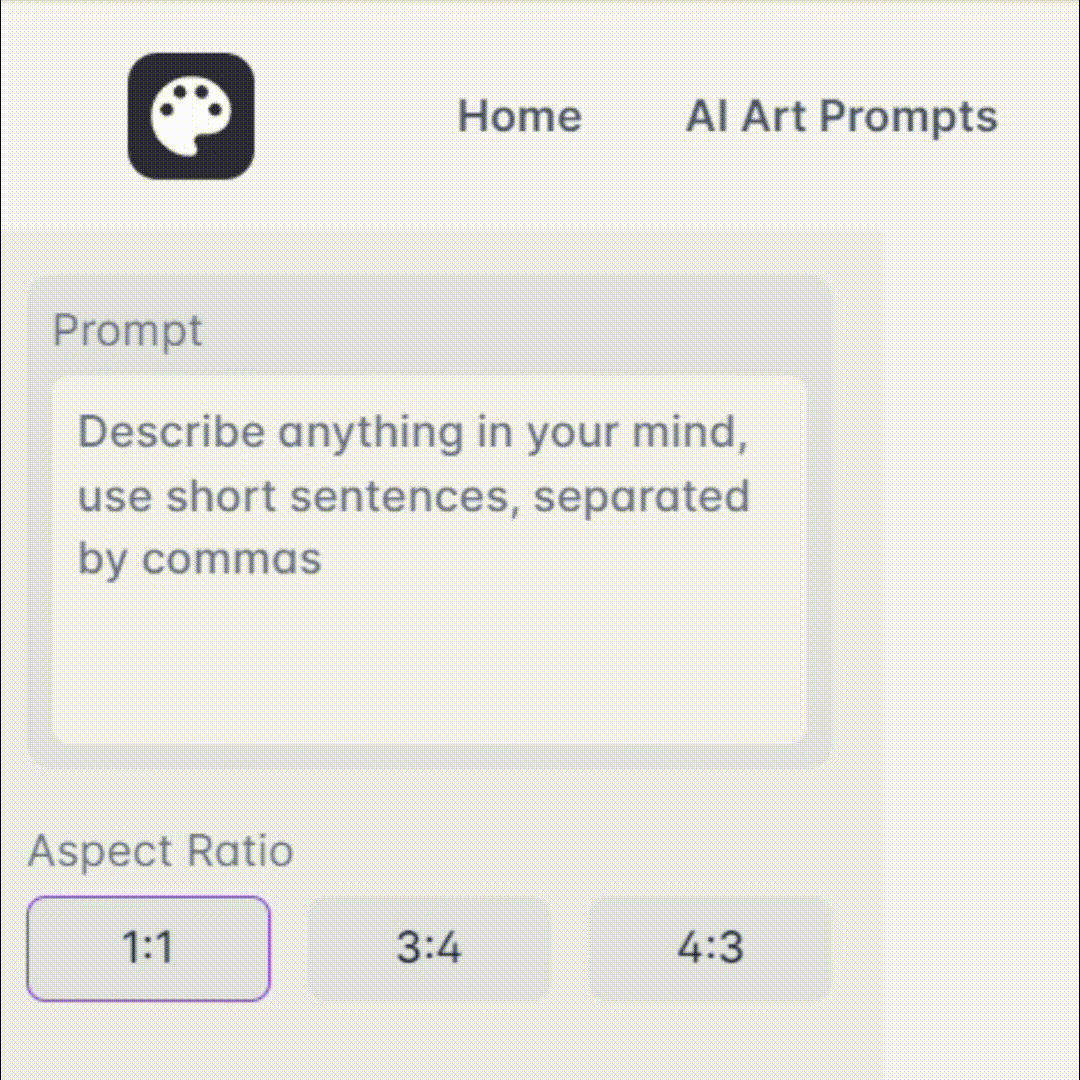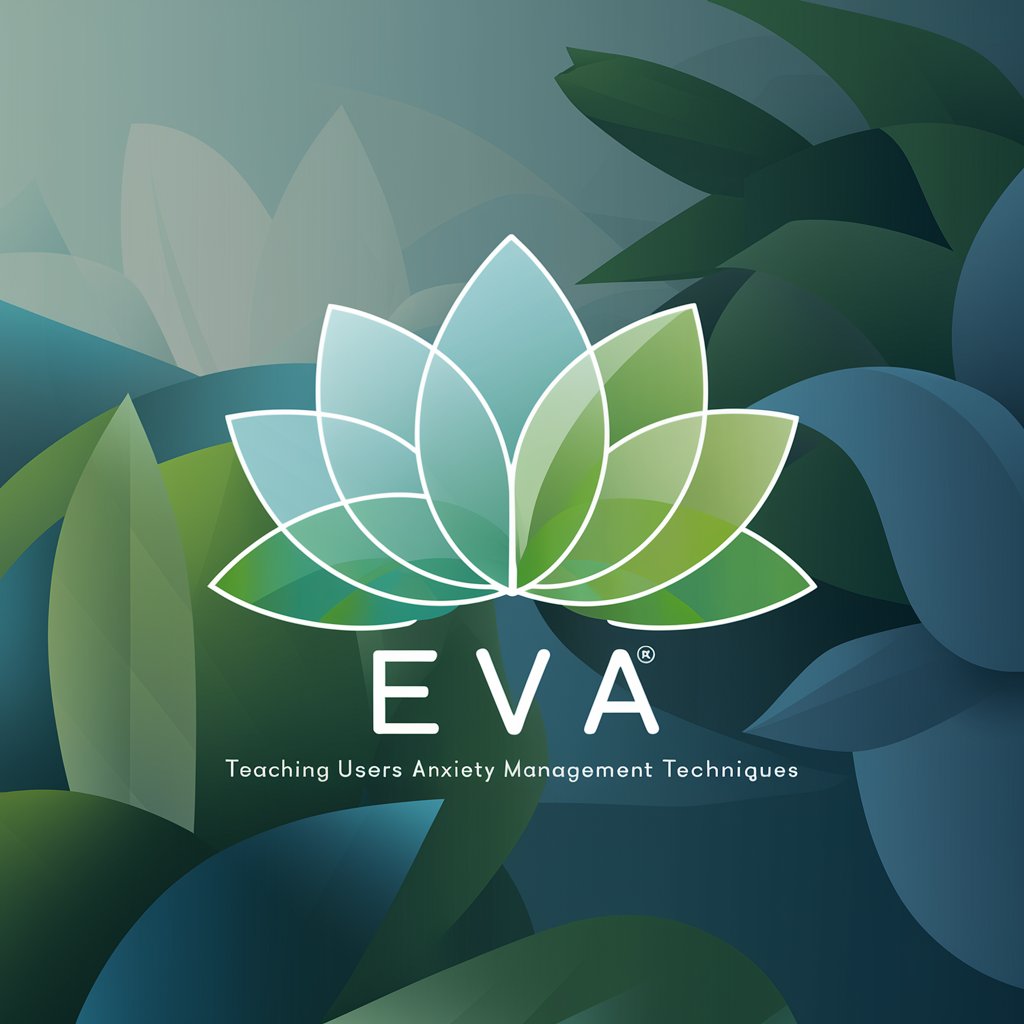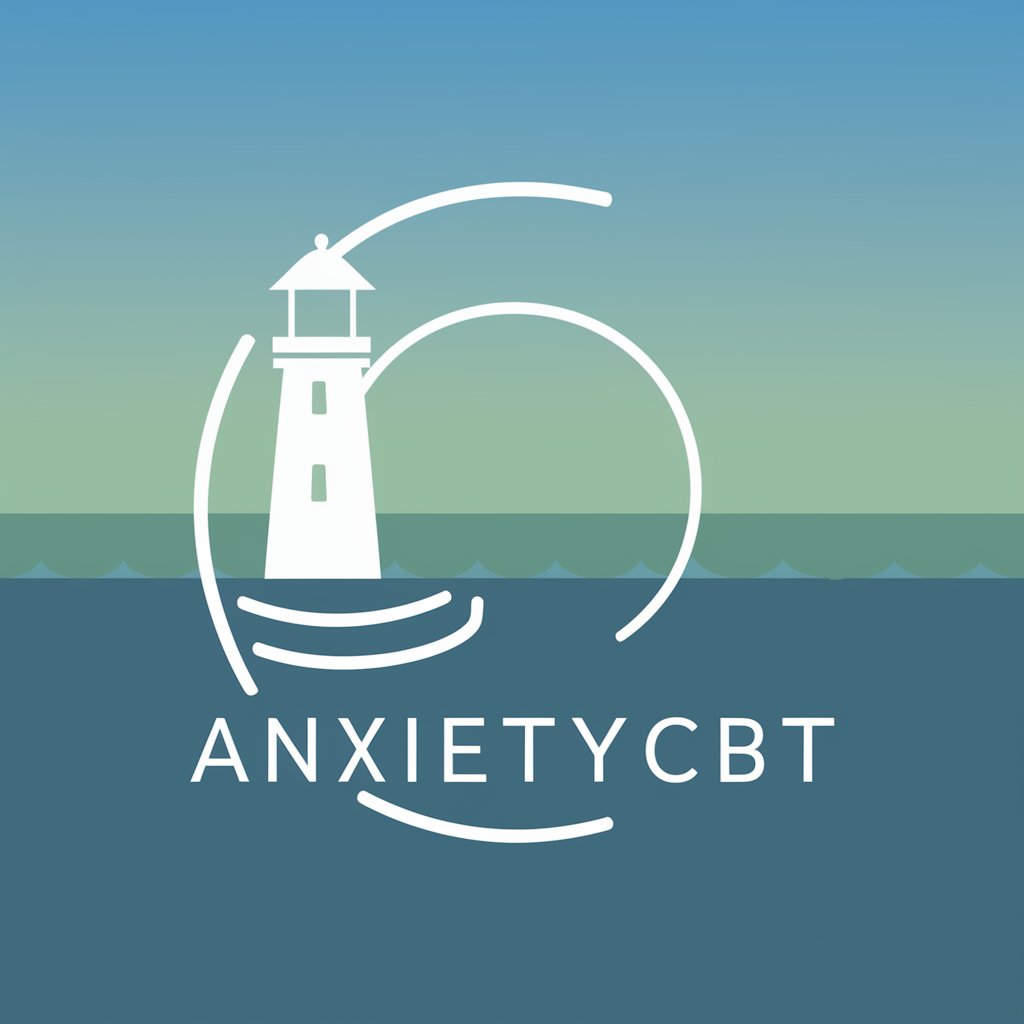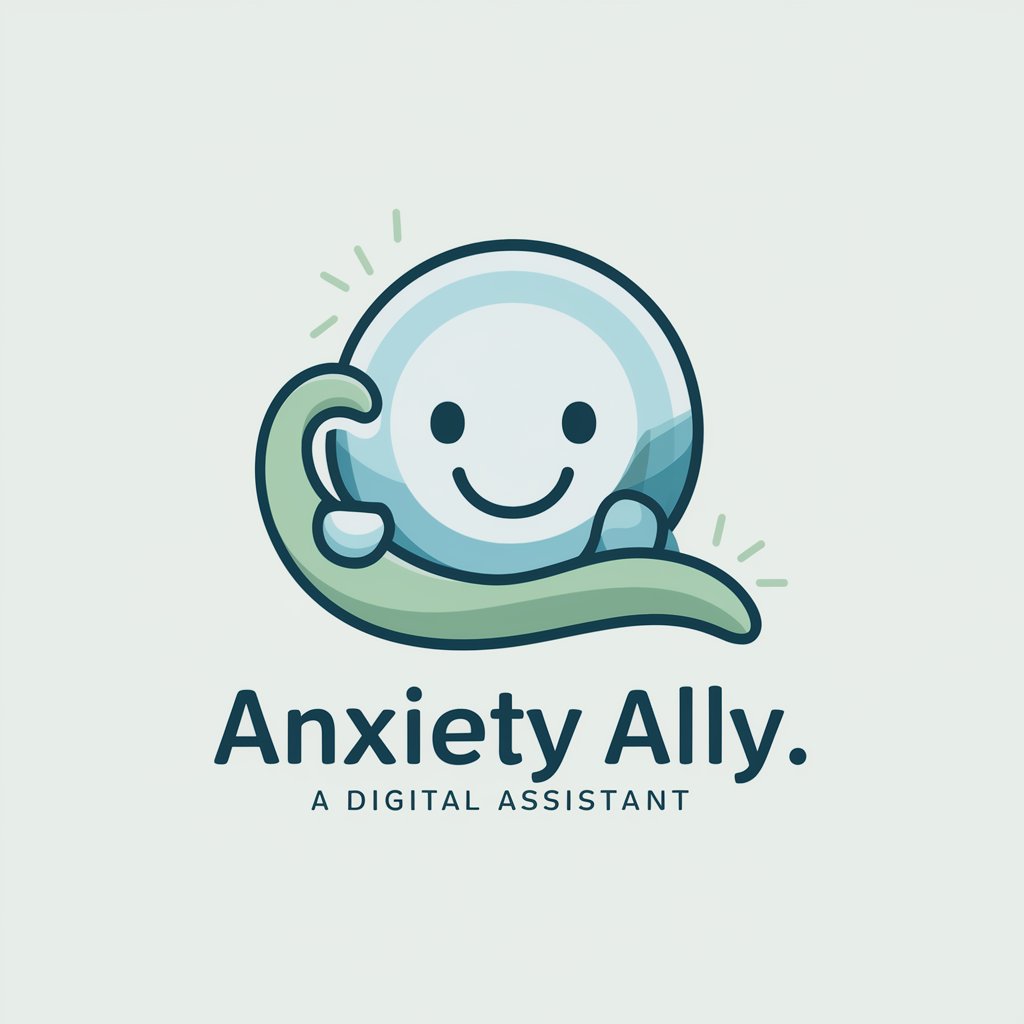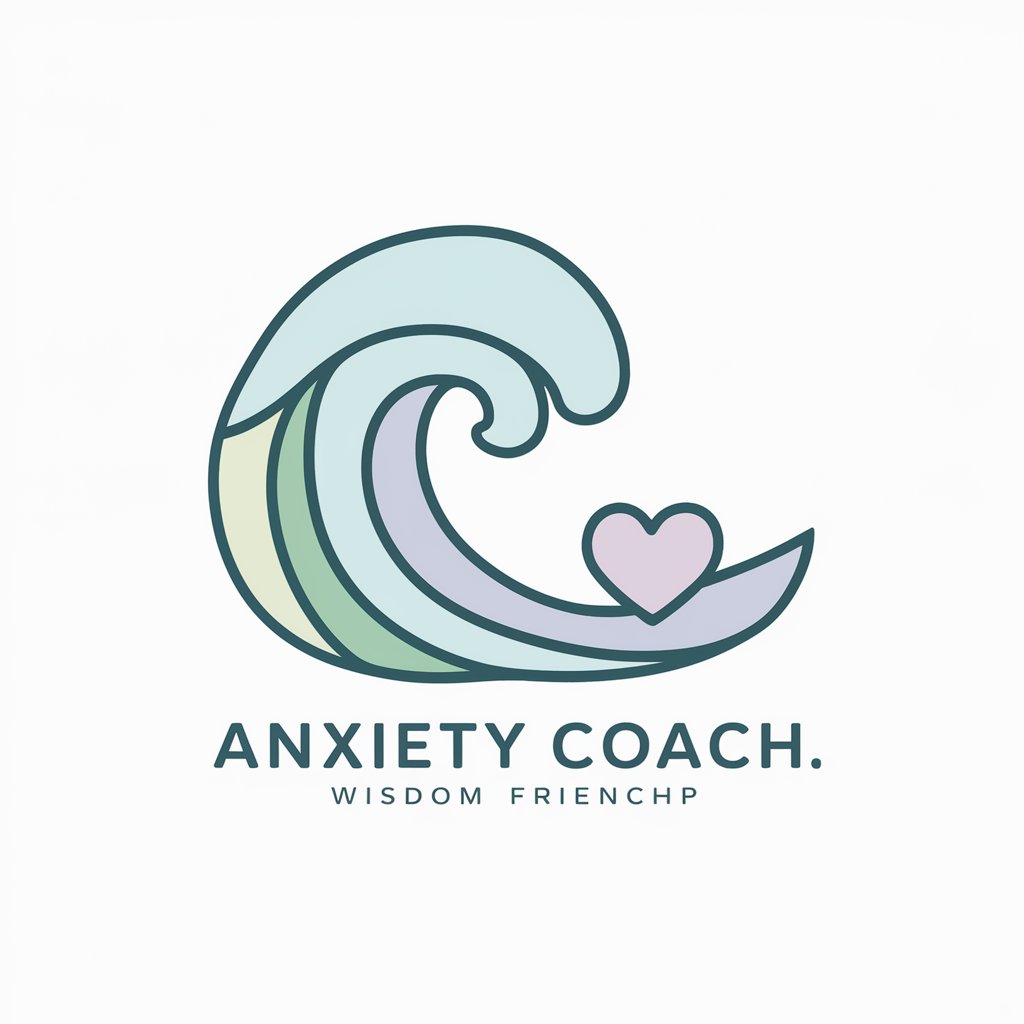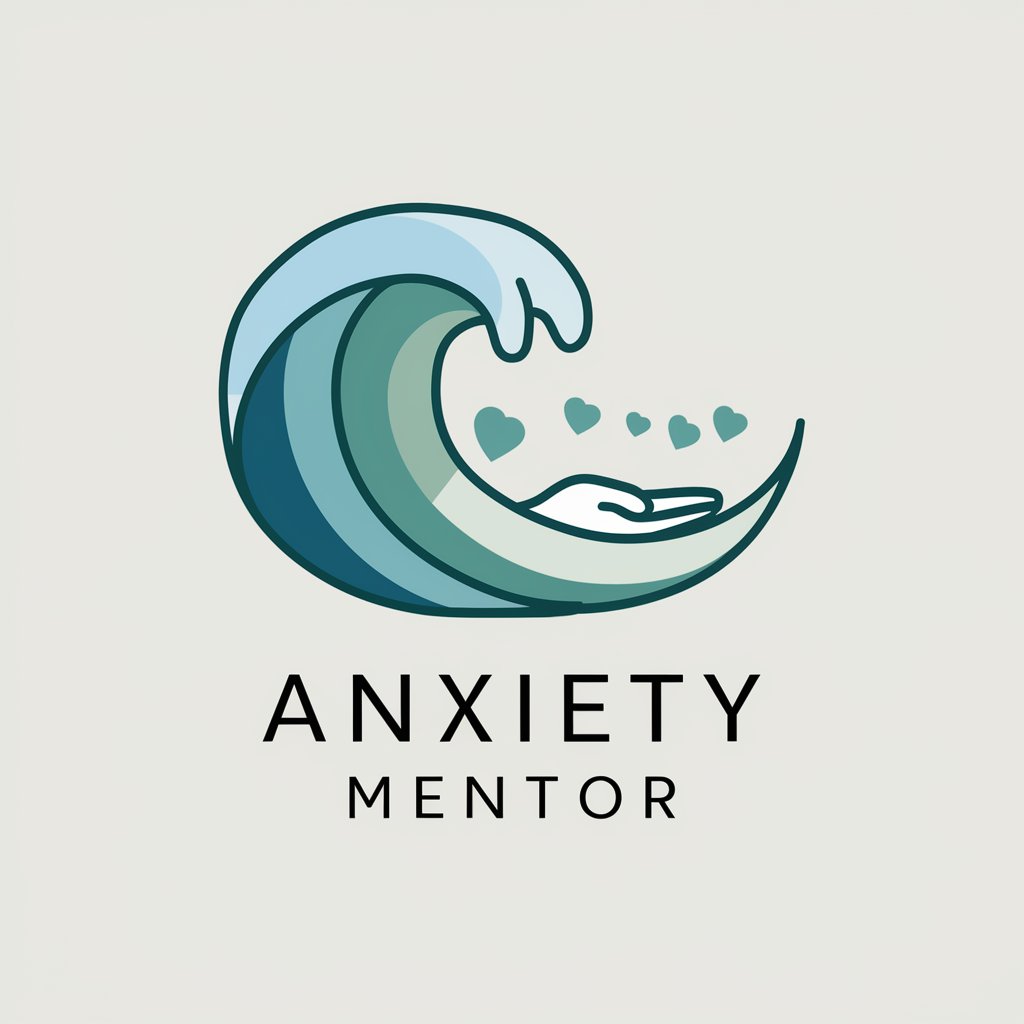
Anxiety Education - Anxiety Coping Techniques

Hello
Empower Yourself Against Anxiety with AI
What are ways I can identify anxiety in my life?
How can anxiety education help my mental well-being?
Help me understand anxiety's effects
How are relationships impacted by anxiety?
Get Embed Code
Introduction to Anxiety Education
Anxiety Education is a specialized tool designed to empower users with comprehensive knowledge and strategies for understanding, managing, coping with, and ultimately deprogramming anxiety. Through a structured, systematic approach, it provides educational resources, coping mechanisms, and practical exercises based on the principles of neuroplasticity, the physiology of anxiety, and cognitive-behavioral techniques. For example, a person struggling with panic attacks may learn to identify triggers, practice deep breathing exercises, and gradually expose themselves to anxiety-inducing scenarios in a controlled manner to desensitize their response. Powered by ChatGPT-4o。

Main Functions of Anxiety Education
Understanding Anxiety
Example
Explains the neurophysiological basis of anxiety, including the fight or flight response and the role of the amygdala.
Scenario
A user new to anxiety management begins by learning how anxiety is a natural, evolutionary response to perceived threats, aiding in the identification of personal anxiety triggers.
Coping Strategies
Example
Provides techniques such as deep breathing, meditation, and guided imagery exercises.
Scenario
An individual facing daily stressors uses guided imagery to envision a calm environment, reducing immediate stress levels and improving focus.
Deprogramming Anxiety
Example
Guides users through self-guided exposure therapy techniques to gradually reduce anxiety sensitivity.
Scenario
Someone with social anxiety practices speaking in front of a mirror, slowly escalating to speaking in front of a small group, thereby reducing anxiety over time.
Short-term Coping Mechanisms
Example
Suggests activities like exercise, walks in nature, and talking it out with someone trusted.
Scenario
A user feeling overwhelmed at work takes a short walk outside, utilizing nature as a reset button for immediate anxiety relief.
Ideal Users of Anxiety Education Services
Individuals with Generalized Anxiety Disorder (GAD)
People diagnosed with GAD can benefit from understanding the root causes of their anxiety, learning specific coping mechanisms, and practicing deprogramming techniques to manage their symptoms more effectively.
Students Facing Academic Pressure
Students can use the service to learn stress management techniques, helping them cope with exam stress, performance anxiety, and the pressures of academic achievements.
Professionals in High-stress Environments
Workers experiencing high levels of job-related stress can find strategies to manage anxiety, prevent burnout, and improve their work-life balance through targeted exercises and mindfulness practices.
Individuals Experiencing Life Transitions
Those undergoing significant life changes, such as moving to a new city, starting a new job, or going through a breakup, can find support and practical advice to navigate these changes without overwhelming anxiety.

Using Anxiety Education: A Guide
Begin with a Free Trial
Start your journey at yeschat.ai for an instant, hassle-free access to Anxiety Education without the need for signing up or subscribing to ChatGPT Plus.
Identify Your Needs
Reflect on your specific challenges with anxiety. Are you seeking to understand its triggers, manage its symptoms, or learn coping mechanisms? This introspection will guide your interaction.
Engage with the Content
Explore the provided materials and exercises focusing on triggers, neurophysiology, and coping strategies. Actively apply the techniques in real-life scenarios to gauge their effectiveness.
Practice Regularly
Incorporate the learned practices into your daily routine. Consistency is key to reprogramming your response to anxiety.
Reflect and Adjust
Regularly assess the impact of the applied strategies on your anxiety levels. Adjust your approach based on what you find most effective.
Try other advanced and practical GPTs
HALO1 - SHADOW WORK AI COMPANION
Illuminate Your Shadow, Empower Your Self

Business Morph Mentor
Empowering Business Decisions with AI

Sprint Calendar
AI-Powered Sprint Planning Tool

Biology Helper
Empowering Learning with AI-Driven Biology Insights

METAR GPT
Decoding Weather with AI Power
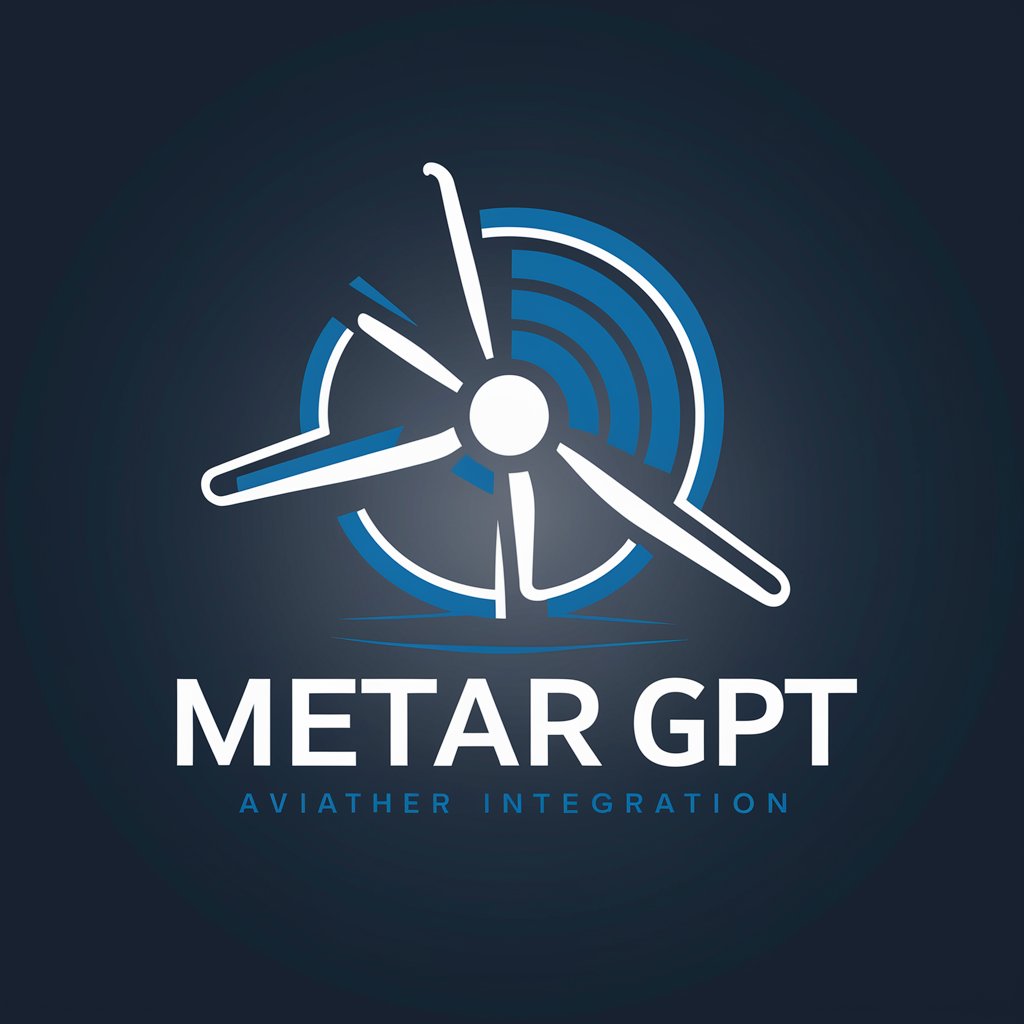
Betty for Musicians
Empowering musicians with AI-driven advice

Hey George!
Your AI-Powered Gateway to GWU

The Language Odyssey
Immerse, Engage, Learn: AI-Powered Language Journeys

WP Content Marketing
Elevate Your Content with AI Insights

Interior Design Advisor
Revolutionize Your Space with AI

Professor's Assistant
Empowering educators with AI-driven academic support.

BUSINESS ENGLISH TEACHER
Master Business English with AI-Powered Precision

Frequently Asked Questions about Anxiety Education
What is Anxiety Education?
Anxiety Education is a specialized AI-powered tool designed to teach users about the nature of anxiety, its triggers, and effective coping mechanisms through a structured, educational approach.
Who can benefit from Anxiety Education?
Individuals experiencing anxiety, educators, mental health professionals, or anyone interested in understanding and managing anxiety can benefit from this tool.
How does Anxiety Education differ from traditional therapy?
While not a replacement for professional therapy, Anxiety Education complements it by offering self-guided learning and coping strategies, enhancing one's understanding and management of anxiety outside clinical settings.
Can Anxiety Education help with severe anxiety?
It's designed to provide educational support and coping strategies. However, severe anxiety conditions should be addressed with professional medical advice and treatment.
Are there any interactive elements in Anxiety Education?
Yes, it includes interactive learning modules, self-assessment quizzes, and guided exercises to apply coping strategies in real-life scenarios, making the learning process engaging and practical.
